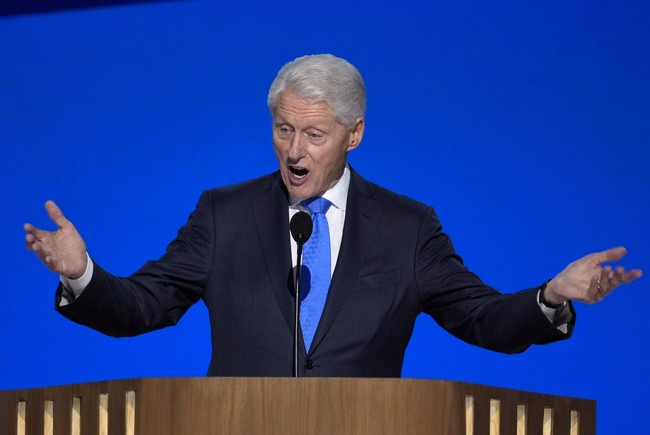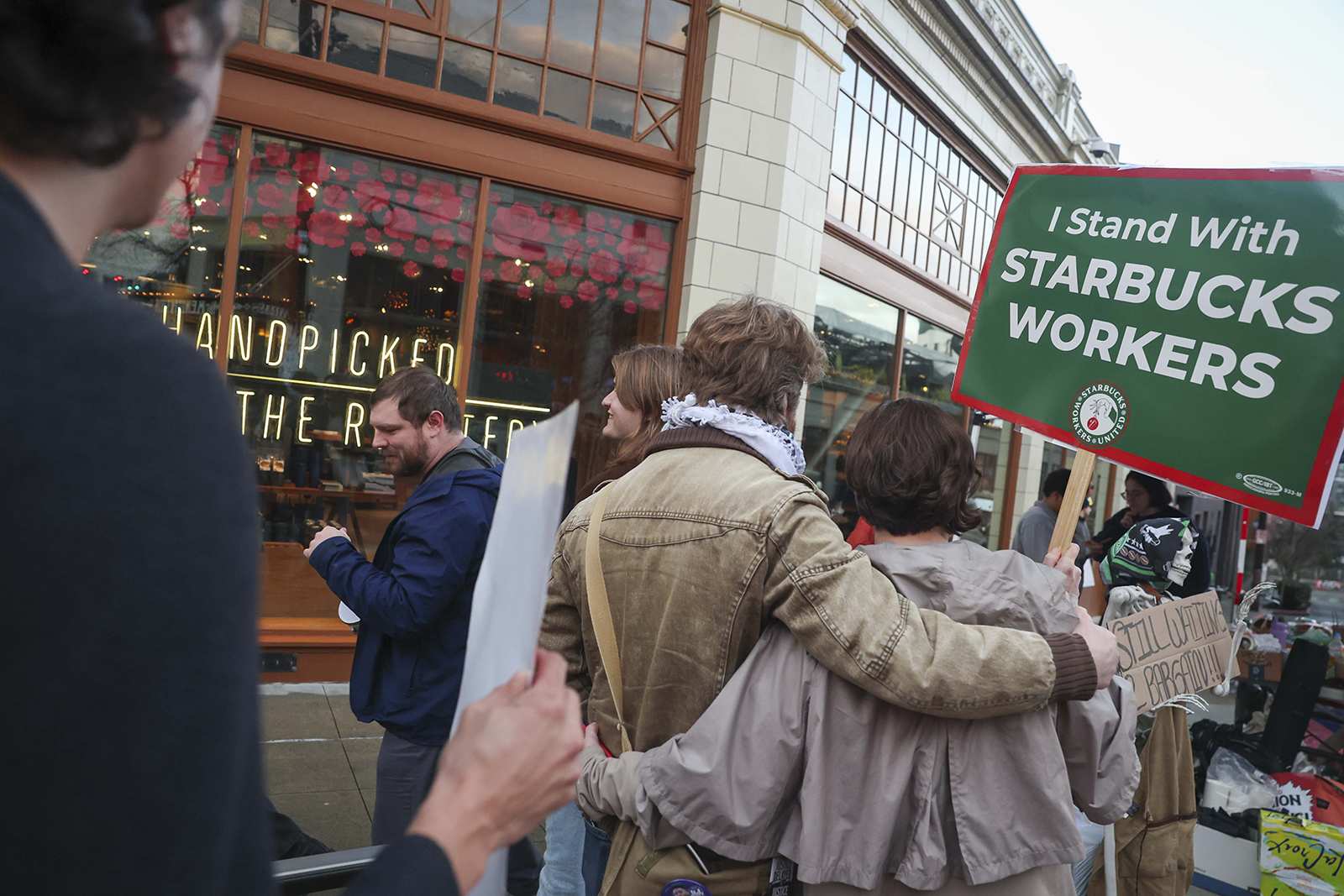VW Faces Strikes Amid Job Cuts and Plant Closures
Volkswagen is at a crossroads as management's cost-cutting plans face fierce opposition from its workforce. With major talks looming, the struggle grips Europe's automotive giant.
Published December 06, 2024 - 00:12am

Image recovered from rtl.de
In recent weeks, Volkswagen has found itself embroiled in a heated confrontation between its upper management and a large contingent of workers, all set against the backdrop of the company's major labor hub in Wolfsburg, Germany. Events reached a critical point during a recent staff meeting attended by over 20,000 employees, where Volkswagen's CEO Oliver Blume outlined the pressing need for cost-cutting measures that include plant closures and pay reductions. These proposals have ignited strong opposition from the workforce and their representatives, driven by fears of job losses amid mounting economic pressures.
At the heart of the conflict lies Volkswagen's response to heightened competition from Chinese automakers, which are aggressively expanding their presence and pushing prices down in key markets. Blume has argued that reducing labor costs and potentially closing some facilities is essential for ensuring Volkswagen's future competitiveness and securing its position in the global automotive landscape.
Labor Minister Hubertus Heil, who attended the Wolfsburg assembly, emphasized the critical need to secure jobs and prevent closures that could further destabilize Germany's industrial sector. Heil's intervention highlights the broader economic and political stakes of Volkswagen's decisions, as the country grapples with ongoing challenges in its transition toward greener industries amidst declining market demand and a sluggish uptake of electric vehicles.
The tension in Wolfsburg mirrors a deeper unrest that has unfolded across various German Volkswagen sites, with numerous workers staging walkouts and warnings of more strikes to come. The influential IG Metall union, which represents many of these workers, has been vocally opposing Volkswagen's proposals, arguing that the social and economic costs would be too high. Daniela Cavallo, head of Volkswagen's labor council, has consistently called for management to shoulder more of the burden and cautioned against unilateral decisions that jeopardize long-term labor agreements and community stability.
As further talks are anticipated in the coming days with the advent of a scheduled negotiation round on December 9, there is a mounting urgency felt among all parties involved. For the unions, achieving a resolution before the year ends is imperative, a sentiment echoed by Cavallo who underscored the necessity of shared sacrifices across the board. Meanwhile, the strategic direction that Volkswagen will take to maneuver through its competitive challenges could define its role as a leader in sustainable automotive solutions or see it falter under heightened global competition.
This ongoing saga with Volkswagen is not isolated to the company alone but reflects broader industrial tensions within Germany and Europe as a whole, where manufacturers are grappling with redefining operational models in response to an evolving market landscape. In the coming negotiation rounds, stakeholders expect a delicate balance of preserving labor rights and ensuring embedded competitiveness to steer the company forward. Whether consensus is reached remains a looming question that continues to captivate industry watchers and stakeholders alike.







